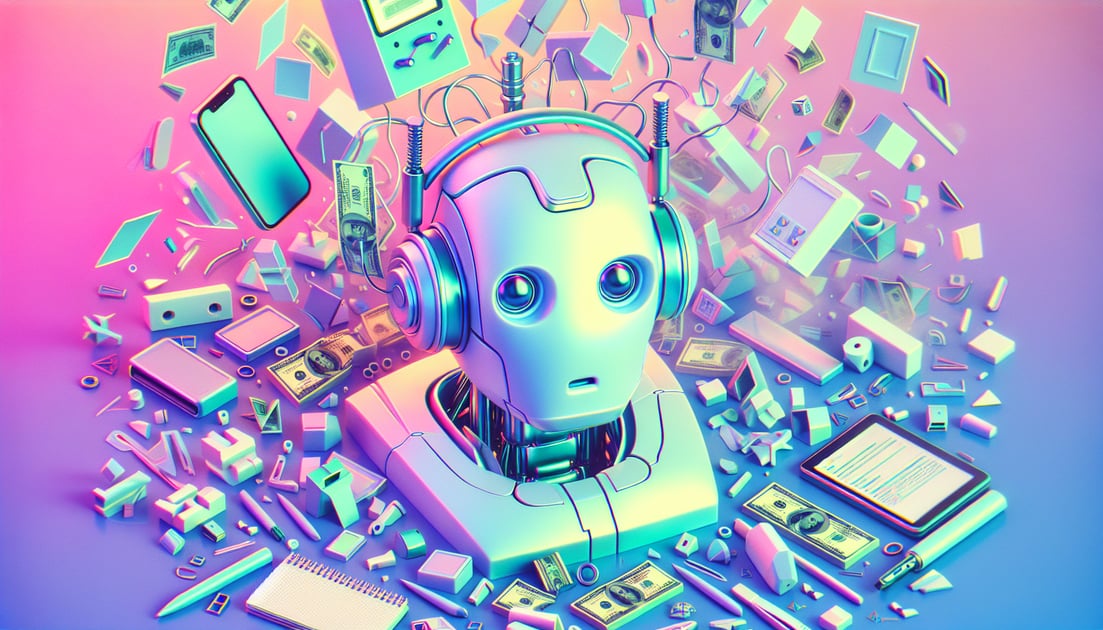
Latest Innovations in AI: From Google's Hardware Shifts to Meta's Privacy Concerns
In this digital age, AI continues to evolve radically, reshaping our interaction with technology on multiple fronts. From significant shifts in AI chip utilization by industry giants like OpenAI to cutting-edge experiments and new privacy concerns stemming from Meta AI's features, the advancements are not just technological but also provoke an array of ethical and practical responses. Here’s a deep dive into some of the latest consequential developments in the AI landscape.
OpenAI Moves to Google AI Chips
OpenAI has reportedly started transitioning from NVIDIA to Google’s AI chips. This strategic shift highlights Google's growing influence within the semiconductor market, potentially diminishing NVIDIA's long-standing dominance over AI chips.
Why the shift matters
This move is particularly significant as it signals a likely improvement in efficiency, performance, and maybe even cost-effectiveness, which could further enhance OpenAI products like ChatGPT. The strategic pivot to Google chips is poised to have a lasting impact on the AI hardware landscape, influencing future technological developments and partnerships.
Meta AI's Increasing Scrutiny Over Privacy
In a compelling expansion of capabilities, Meta AI has unveiled plans to analyze unuploaded pictures in users' camera rolls. This development raises serious privacy concerns, prompting discussions about user consent and data security.
Privacy implications
The ability of AI to analyze images that were never shared publicly poses a new challenge in balancing user privacy with technological progress. Meta's move could lead to changes in privacy policies and user agreements across social platforms, influencing how companies manage sensitive user data.
Anthropic's Claude Experiments
Anthropic has been conducting various experiments with its Claude AI, including a unique test where Claude was put in a virtual business environment. The outcomes, described as 'weird' by some observers, offer a glimpse into the potential complexities of AI in business roles.
Why this experiment is intriguing
Studying AI's capabilities in dynamic real-world scenarios helps in understanding its limitations and areas for improvement. Such experiments are invaluable for refining AI behavior, making it more adaptable and reliable for various commercial applications.
Conclusion
These developments in the AI sector reflect a complex interplay between innovation, market demands, and ethical considerations. As AI becomes more embedded in our daily lives, the implications of these advancements become increasingly significant, calling for careful consideration and balanced regulatory responses. The ongoing evolution of AI promises exciting new opportunities but also necessitates vigilant oversight to harness its full potential while safeguarding user interests.